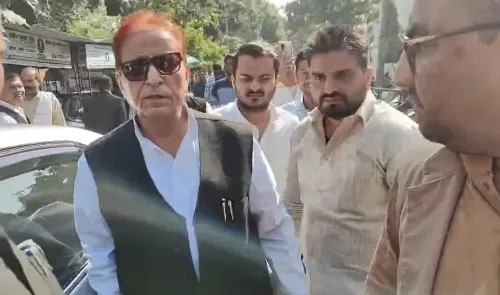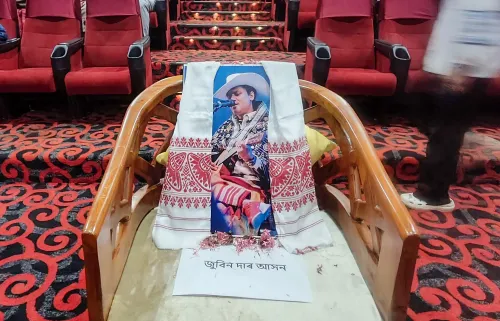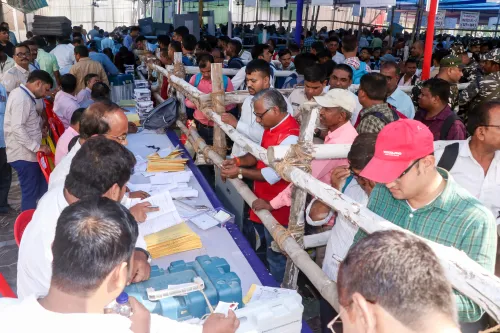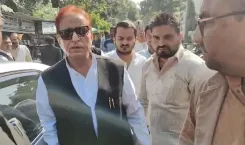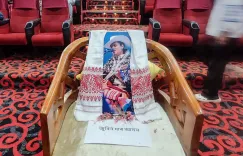Why Did Kerala HC Criticize Authorities Over Class 10 Results?
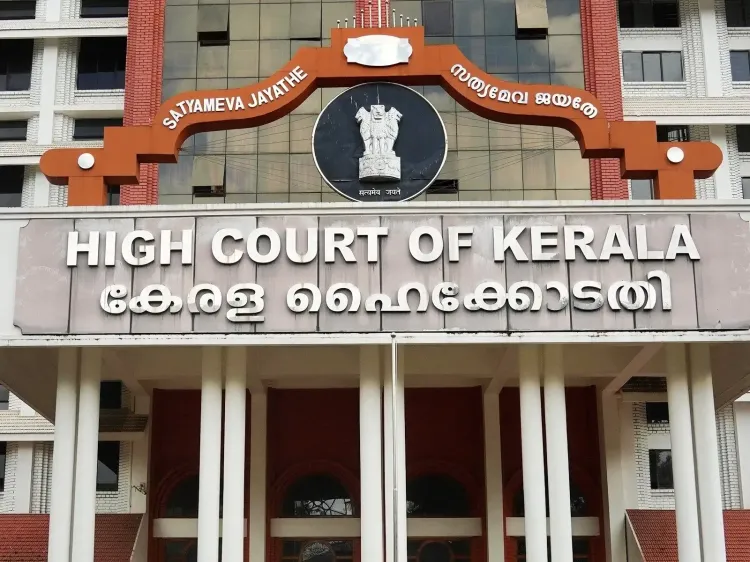
Synopsis
Key Takeaways
- The Kerala High Court emphasizes juvenile rights.
- Delays in publishing results can have serious implications.
- Educational opportunities must remain accessible.
- The case highlights the intersection of law and education.
- Accountability for officials is crucial in justice administration.
Kochi, May 20 (NationPress) The Kerala High Court has harshly criticized the authorities for failing to release the examination results of five juveniles who were arrested in connection with the murder of a 15-year-old Class 10 student in Kozhikode. "How can you delay or deny publishing results?... The court questioned, emphasizing that publishing results is separate from the offenses committed. If these juveniles have completed their examinations, their results should be made public.
One of the accused's counsel noted that, despite instructions from the Child Rights Commission, the results remained unpublished.
He further raised concerns that the application period for Plus-one admissions would soon close, preventing these students from applying.
The court responded, "The essence of criminal law is reformation. Particularly in cases involving minors, can you prohibit a child from taking exams? Once the examination is completed, can you withhold the results?"
The court warned that if the delay in publishing results is intentional, the responsible officials must face consequences.
"Your officers who have failed to publish the results after the directive must be held accountable for any intentional delay," the court stated.
Shahabas, a student at MJ Higher Secondary School in Thamarassery, Kozhikode, died from severe injuries on March 1 after a confrontation between his schoolmates and those from Thamarassery GVHSS, stemming from a dispute during a farewell event at a tuition center in late February.
Despite teacher intervention through WhatsApp, tensions escalated, resulting in a violent clash near the tuition center.
Shahabas sustained critical head injuries, leading to his death. The police charged the five juveniles with murder, asserting that they used weapons like a truncheon and a nunchaku in the assault.
Although Shahabas was not a student at the tuition center, he was called there while running an errand.
After the attack, he was taken home by a friend.
Initially, his family suspected drug use when they found him in a weakened state. However, upon discovering the truth, they rushed him to Thamarassery Taluk Hospital and subsequently to Kozhikode Government Medical College Hospital, where he tragically passed away.
The five juveniles face charges of murder, wrongful restraint, unlawful assembly, and causing severe injuries. All five have been in judicial custody since the incident and took their exams while in custody. Their bail applications are scheduled for hearing on Wednesday.

